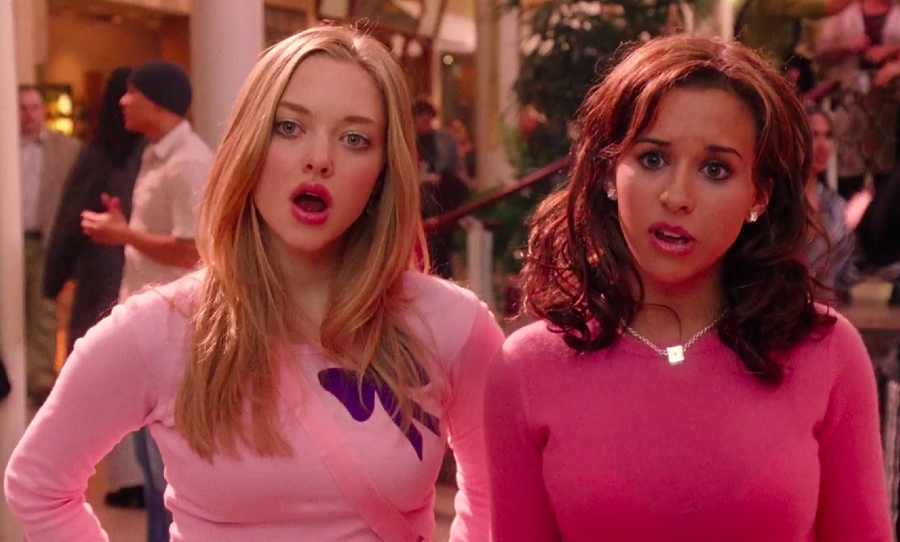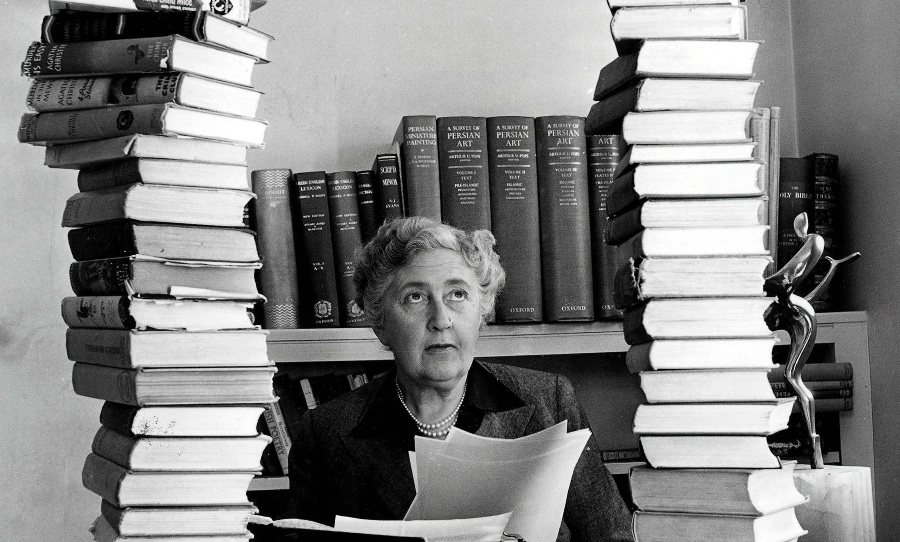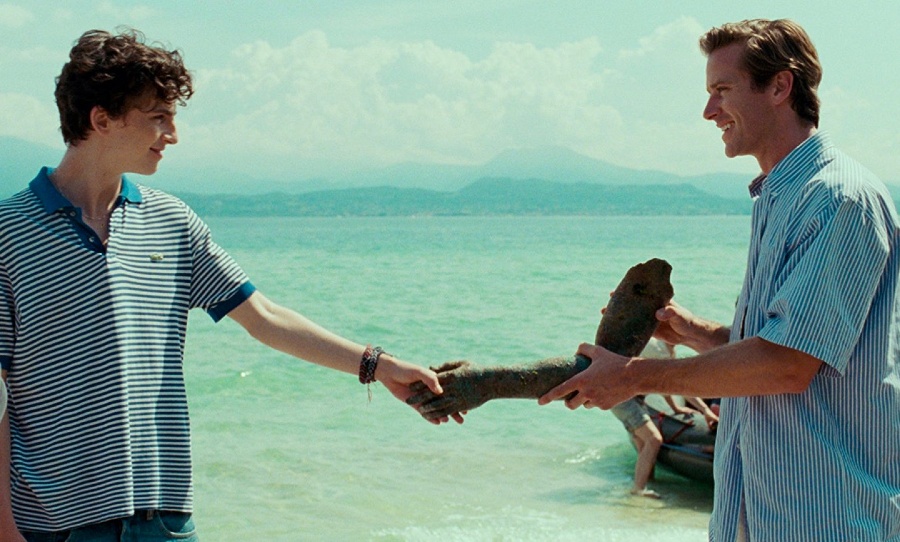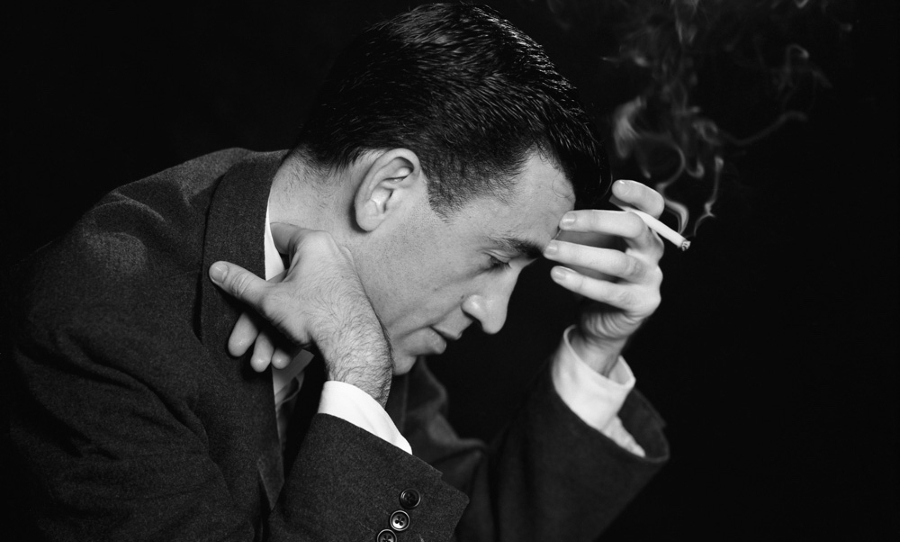How many times have movies been better than the books they were based on? We’ve collected a list that celebrates when the movies came out on top.
Movies that were better than books they were based on. It’s a tough category to discuss, considering there’s an *unspoken* rule that the book is almost ALWAYS better than the film. (See: almost every fantasy novel adaptation ever).
But we’ve scoured our collective brains, countless Reddit forums, and the sticky depths of the Internet to narrow down some of the best cinematic adaptations that have surpassed their original source material.
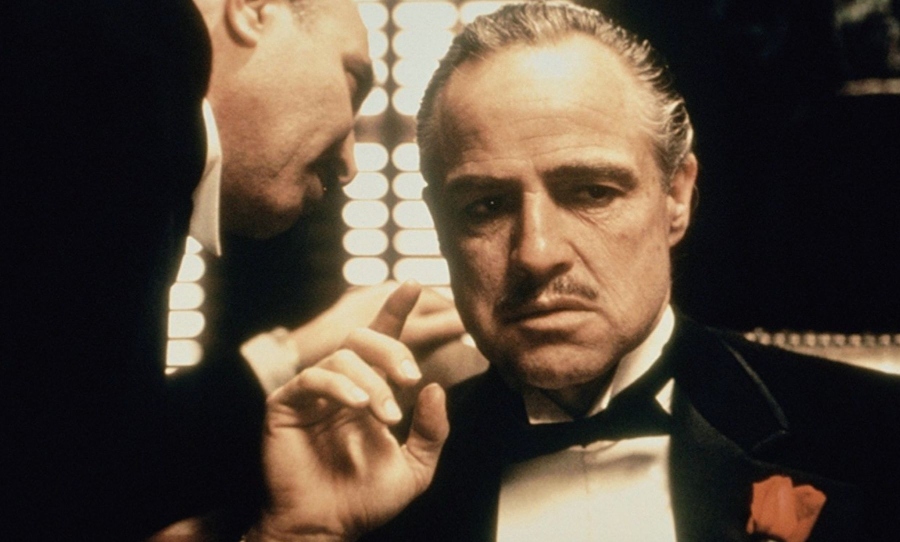
Psycho (1960)
Alfred Hitchcock’s landmark film Psycho is so good that it’s one of the most widely taught texts in schools, film or otherwise. Ace cinematography, brilliant editing and soundtrack, and some of the most iconic shots in Hollywood culminate in the famous murder sequence — an event that only takes up a couple lines in the namesake book!
The Graduate (1967)
While the 1963 book The Graduate was well-received during its publication, the 1967 film of the same name catapulted the story into one of the most iconic American narratives ever. The film has frequently ranked in the top 20 of the best American films of all time and was selected for preservation in the U.S. National Film Registry as being “culturally, historically, or aesthetically significant.”
The Godfather (1972)
Most people watching The Godfather after the turn of the millennium probably never realized that Francis Ford Coppola’s magnum opus was based on Mario Puzo’s book of the same name. While the 1969 novel was indeed a bestseller, it’s run a tough race against a film that has been frequently cited as “one of the greatest films made in the English language” and revolutionised the standard of cinema expected by filmmakers and audiences, alike.
Jaws (1975)
Jaws is one of those films that is synonymous with the term: “blockbuster.” The novel, while commercially successful at the time, pales in comparison to an iconic film that established the tropes of a Hollywood blockbuster, and broke the boundaries of a high-concept film model.
The Princess Bride (1987)
With author William Goldman acting as a screenwriter on the adaptation, The Princess Bride was not just faithful to its source material, but exceeded expectations in its simultaneously comedic, and dramatic, delivery of a passionate love story.
Forrest Gump (1994)
Forrest Gump is a rare exception of a film. Despite the creative liberties taken with the source material — almost everything bar the name of the titular character was changed — it was an astonishing success. I won’t spoil it, but the original novel’s ending is VERY different from the film.
The Shawshank Redemption (1994)
Yes, we know it’s a hot take when we’re claiming that a film was better than the Stephen King novel it was based on. But The Shawshank Redemption has been cited by the author himself as the best adaptation of any of his works. Need we say more?
Fight Club (1999)
Visually stunning and incredibly mind-bendy, Fight Club is the best example of a film using subtle camera and cinematography techniques to spellbinding effect. While the major plot twist remains faithful to the novel, it’s executed superbly in David Fincher’s cult classic film.
Bridget Jones’s Diary (2001)
The original contemporary “chick-lit” novel, Bridget Jones’s Diary is beloved as an inspiring and feel-good story. The film adaptation — which spawned an entire franchise — is easily all that and more; it launched the story into contemporary British pop culture, elevating the relatable 20-something Bridget Jones to “cultural icon” status.
Mean Girls (2004)
Based on Rosalind Wiseman’s Queen Bees & Wannabes: Helping Your Daughter Survive Cliques, Gossip, Boyfriends and Other Realities of Adolescence, Tina Fey’s iconic film transposed the self-help-style book into a spectacularly funny screenplay, without which the teenage lives of an entire generation would be remiss.
The Notebook (2004)
The casting of Rachel McAdams and Ryan Gosling was what sealed the deal for this iconic film adaptation. Their blistering chemistry in the throes of teenage love helped the movie surpass the sappy (yet equally-tearjerking) narrative of the novel.
Brokeback Mountain (2005)
Based on a short story published in the New Yorker, the film adaptation of Brokeback Mountain was a monumentous event in cultural history. A turning point for queer cinema into the mainstream, the film was lauded for its Oscar-winning score and screenplay, as well as the devastating performances by Heath Ledger and Jake Gyllenhaal.
The Devil Wears Prada (2006)
Adapted from the book of the same name, The Devil Wears Prada is the epitome of a cult classic film, with its complex secondary characters (Emily Blunt, anyone?), gorgeous costumes, and an era-defining performance from Meryl Streep. Never has the colour “cerulean” looked the same again.
Atonement (2007)
A heartbreaking novel, and a heartbreaking film. Joe Wright’s adaptation of Ian McEwan’s classic novel is one of the best we’ve seen to date. Nominated for a slew of Academy Awards, the film adaptation enjoyed the talent of a brilliant cast, astonishing cinematography and equal parts devastating, and ingenious, plot mechanisms.
